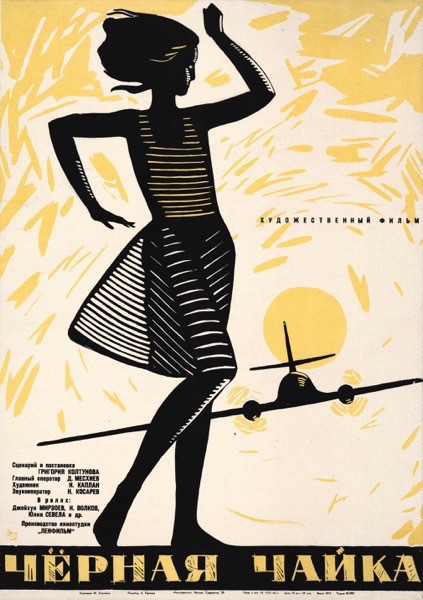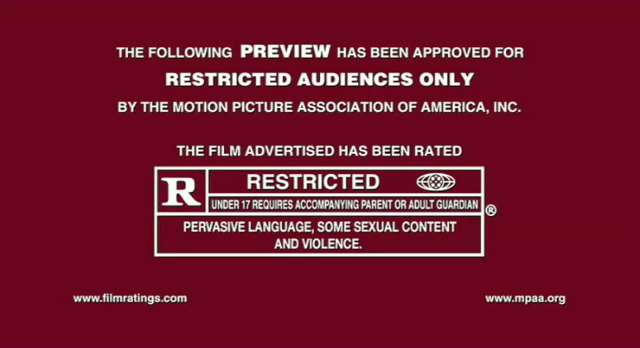Still getting frequent, brief DNS outages. The speed is noticeably slower for long periods, but with a few periods where we get close to our provisioned speed. The connection is more stable than it was before Saturday's visit. We have not had any periods of complete downtime.
I am close to saying that this is about as good as it will get.
So, as my friend Peter is fond of saying after a grinding life event: What have we learned from this?
Do as much work as I can to define the problem before I call tech support
I'm fortunate that our setup is simple: a DSL jack, a modem, the Airport Time Capsule. It was easy for me to directly hook the iMac to the modem so that I could tell tech support it was not the wifi. I left them no room to argue about wifi settings; when we deal with a wired connection, the troubleshooting is much simpler.
Use tools to gather evidence
Using Network Logger Pro, I collected a week's worth of outage data to prove to Frontier that we had a problem and that it was not my equipment causing it.
Also, using Speedtest (the web site or the app) to do spot checks helped because that's what Frontier tech support uses.
I like having logs and data showing that I'm getting x number of outages and only y mbps at specific times of day. Anecdotal "It just feels a lot slower" evidence does not help anyone.
The modem itself has its own stats and logs, also, but they're way more technical and I'm not sure they'd do me much good.
Accept that what I can do is limited
Rebooting the modem and/or router is the universal antidote because it solves most common ills. But for us, rebooting worked until it didn't. Getting rid of an ancient DSL filter and upgrading to a new modem helped. Hardware-wise, that was about it.
Of course, you can input different DSL addresses but that's no guarantee that the situation will change (and if you don't flush the DNS cache, then it may take a day or a reboot for the changes to take effect). I've also read that your ISP's default DNS servers may even be faster sometimes.
For wifi, you could use some tools to maybe find some less-crowded channels or change the router's DNS addresses, but again -- that's about it. The change in speed could be noticeable, but I think most likely the bump will be slight.
Beyond these simple tactics, I believe what I can physically do to improve a connectivity or outage problem is limited. Networking is arcane, dark-magic stuff; I chose to stop my research with SN ratios and Line Attenuations because it was clear to me that going deeper was not helping my understanding or the situation.
Call the ISP's tech support and get a trouble ticket
In the end, it came down to me calling the ISP, being persistent in making my case, and getting a trouble ticket. Once I had that trouble ticket, I was reassured that I'd get attention focused on the problem.
This takes time; maybe an hour on the phone with the first call, maybe a couple of hours with the technicians. I don't believe there's another way.
In all, we had three visits by four different Frontier technicians. And the final resolution was ... to replace the modem. So it goes.
All the guys who came to look at the problem were knowledgeable and each advanced the game a little at a time (changing the DSL filter, rewiring the box, double-checking the modem's settings). They have more sophisticated tools than I do to check the lines and they troubleshoot these problems all the time. So I relied on their experiences and instincts.
But ...
Run Speedtest several times before the technician leaves
This was a great piece of advice I picked up in my researches and I kicked myself when I forgot to do this.
The technicians need to see for themselves whether their work made a difference. And until we agree there's a positive change, then the ticket remains open.
In the end, it's up to the ISP (and me)
The ISP controls all the hardware from the street to my house and they're even responsible for the modem.
My physical location from the switch, the wiring in my house -- some things are beyond my control. But the things I can influence, I want to influence.
So the next time I start experiencing problems, I will gather evidence and then call them: Here's what my logs are showing. What speeds should I expect, given our provisioning? What are Frontier's parameters for acceptable performance, using Speedtest as a guide? How many outages, and for how long, does Frontier consider acceptable? Are there any settings I can tweak on my modem that would help?
It's the ISP's responsibility to ensure I get the speed and service I'm paying for. It's my responsibility to be a partner in helping to solve the problem and to make sure the ISP does not stop focusing on the problem till it's solved to my satisfaction.

](http://tempblogfood.files.wordpress.com/2019/08/2145b-bond-villians.jpg) Credit:
Credit: